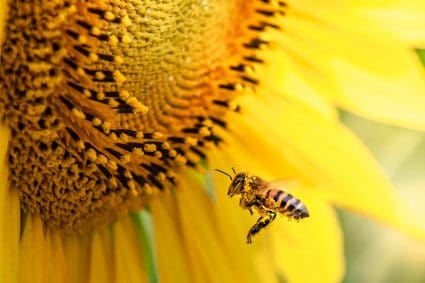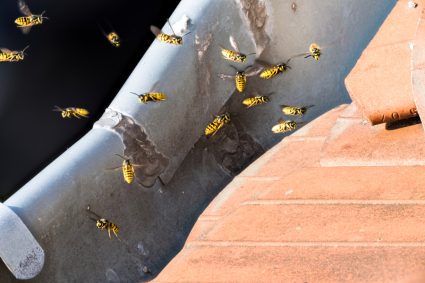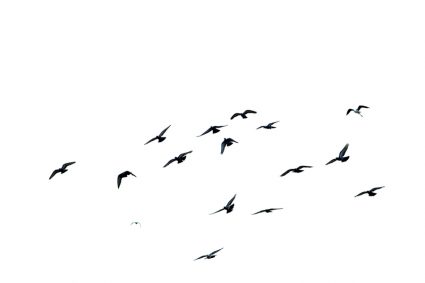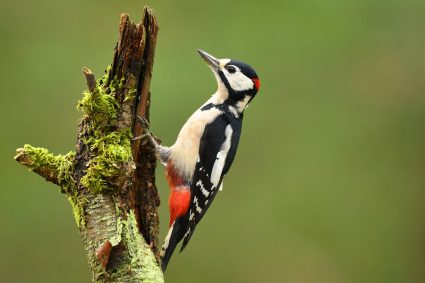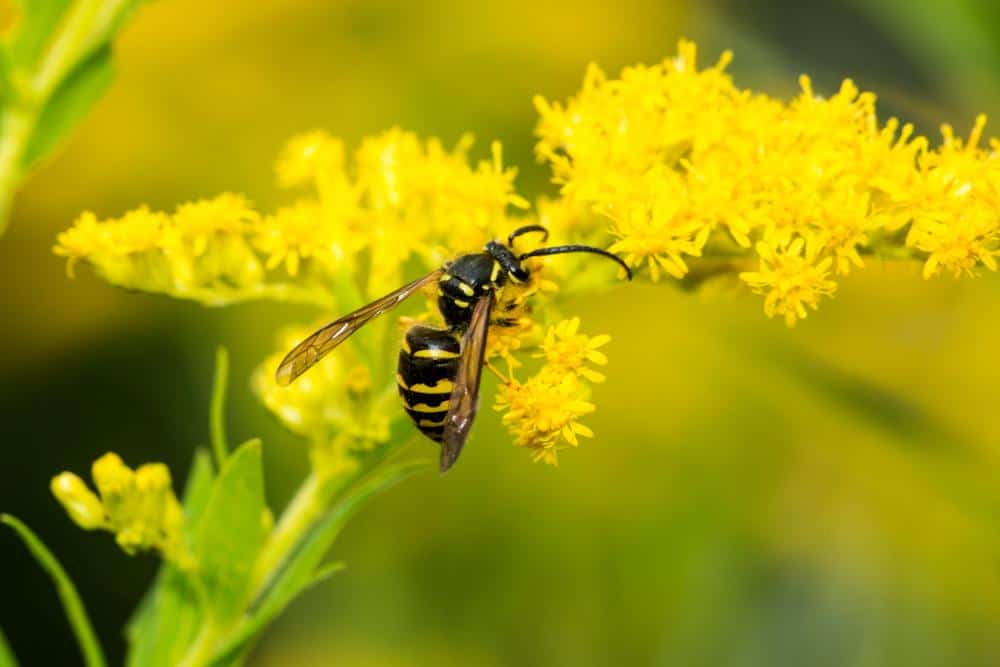
Keeping wasps away from your porch can seem like a daunting task, especially during the warmer months when these insects are most active. However, with a few strategic measures, you can successfully deter these unwelcome guests and enjoy your outdoor space in peace. This comprehensive guide will walk you through various strategies, from using natural repellents to maintaining a clean porch area, to keep wasps at bay.
To keep wasps away from your porch, consider planting wasp-repellent plants like spearmint, thyme, and eucalyptus around the area. You can also use essential oils like clove, geranium, and lemongrass to create a homemade wasp repellent spray. Installing fine-mesh screens on windows and doors, removing food sources, and sealing entry points can also help. Hanging decoy wasp nests can deter wasps from settling in the area. If you’re dealing with an infestation, consider hiring a professional pest control service.
Understanding Wasps and Why They’re Attracted to Porches
Before delving into the various strategies to repel wasps, it’s crucial to understand why they’re attracted to your porch in the first place. Wasps seek out areas that offer food, water, and shelter. Your porch, with its potential food sources and safe nesting locations, can seem like an ideal home for them.
Effective Strategies to Keep Wasps Away
Using Wasp-Repellent Plants
Certain plants emit fragrances that wasps find unpleasant. Planting these around your porch can deter wasps from settling in the area. Some of these plants include spearmint, thyme, eucalyptus, wormwood, and citronella. You can also consider marigolds, basil, and geraniums that have been found to repel wasps effectively.
Utilizing Essential Oil Blends
Creating a homemade wasp repellent spray using essential oils is another effective strategy. A mix of clove, geranium, and lemongrass essential oils diluted with water and dish soap can serve as a potent deterrent. Simply spray this mixture around your porch area to keep wasps at bay.
Installing Fine-Mesh Screens
Installing fine-mesh screens on your windows, doors, and vents can prevent wasps from entering your porch. Regularly inspect these screens for damages and maintain them in good condition to ensure their effectiveness.
Removing Food Sources
Promptly cleaning up food spills or residues, especially sugary or sweet substances, reduces the chances of attracting wasps. Ensure that garbage cans or bins near the porch are tightly sealed and regularly emptied.
Sealing Entry Points
Seal any cracks, crevices, and other vulnerable spots where wasps might find an entryway. This can be done using caulk or weatherstripping.
Using a Homemade Wasp Repellent Spray
Another DIY solution involves creating a wasp repellent spray using water, dish soap, and peppermint oil. Spray this mixture around your porch to deter wasps.
Hanging Decoy Wasp Nests
Wasps are territorial creatures and are less likely to build a nest near another wasp’s nest. Hanging decoy wasp nests around your porch can deter real wasps from building nests nearby.
Dealing with a Wasp Infestation
If you’re dealing with a wasp infestation, be cautious. Wasps can become aggressive if they feel threatened. If you discover a wasp nest on your porch, consider hiring a professional pest control service to handle the removal safely.
Preventing Future Infestations
Once you’ve successfully dealt with a wasp infestation, take measures to prevent future ones. Regular maintenance and cleanliness, along with the regular use of natural repellents and decoy nests, can help keep wasps away from your porch.
In conclusion, while dealing with wasps can be challenging, it’s not impossible. With the right strategies and a bit of diligence, you can keep your porch wasp-free and enjoy your outdoor space without worry.
Frequently Asked Questions
What time of the year are wasps most active?
Wasps are most active during the warmer months, typically from late spring to early fall. However, this can vary based on your geographical location.
Can I use any kind of essential oil to deter wasps?
Not all essential oils are effective in deterring wasps. The most effective ones include clove, geranium, lemongrass, and peppermint oil.
How often should I spray the homemade wasp repellent?
You should spray the homemade wasp repellent at least once a week during peak wasp season. However, if you notice wasps are still frequenting your porch, you may need to spray it more frequently.
Are decoy wasp nests effective in deterring all types of wasps?
Decoy wasp nests are most effective against social wasps, which are territorial. Solitary wasps, which do not live in large colonies, may not be deterred by decoy nests.
Are there any risks in using homemade wasp repellents?
Homemade wasp repellents made from natural ingredients like essential oils and dish soap are generally safe. However, some people may be allergic to certain essential oils. Always test a small amount on your skin before using it extensively. Additionally, avoid spraying directly on plants as it could harm them.

